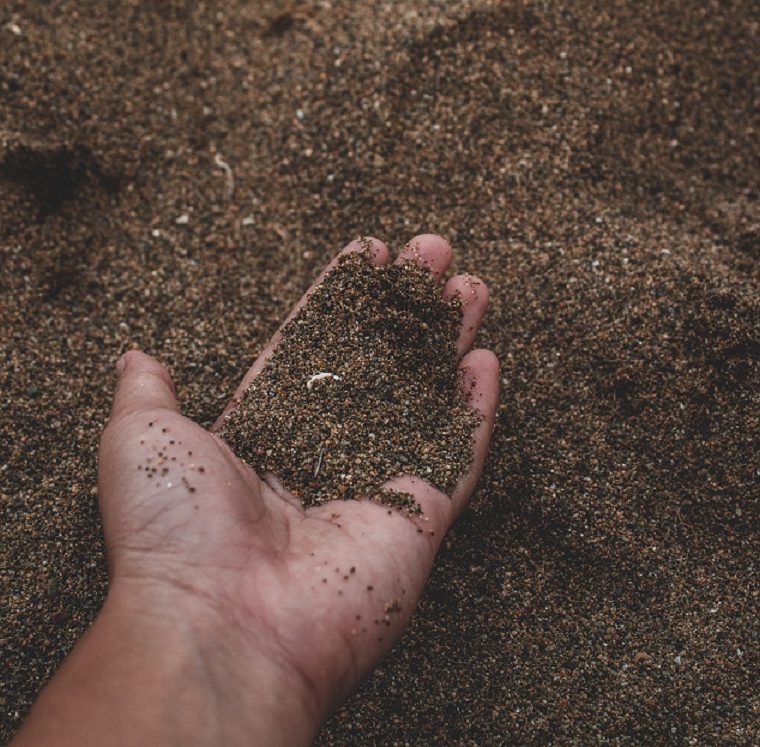How to Start Your Own Compost Pile and Help Save Our Planet

A compost pile is not attractive and is usually quite smelly, but it is highly useful to anyone who grows any kind of crops. Compost is essentially decomposed organic material that earthworms have broken down naturally over time. What remains is an extremely nutrient-rich material that is not a replacement for soil but is an excellent fertilizer to add to it.
Creating a compost pile will make anything you grow healthier and more prolific. But best of all, composting will cut down on the quantity of trash you produce. Growing crops can leech nutrients out of the soil over time, so adding compost is an effective way to rejuvenate it. Here’s how to get started.
Gather Your Materials

A compost pile needs three primary materials: organic material, moisture, and worms. If you build your compost pile on bare soil without weed shield or anything underneath it, the worms will come on their own. You simply need to pick an area and start throwing organic material there.
For your compost pile, you will want to choose an area close to your garden to cut down on hauling work, but also far enough from your home that you won’t catch a whiff. By placing it near your garden, you also ensure you can regularly water it as well, since it will need it.
Starting a compost pile is easy, you just pile things on and let them rot. Some people use old wooden pallets or chicken wire to toss materials inside. Whatever you decide, you’ll end up with what looks a lot like rich soil. Just spread it on your garden or mix it with your soil. As for what to put inside the compost bin or pile, the following are all great additions:
- Grass clippings
- Leaves
- Spent plants from your garden
- Egg shells
- Vegetable and fruit trimmings like strawberry tops, banana peels and orange rinds
- Animal manure and dirty straw from their pen
How to Manage Your Compost Pile

Every time you add a new layer, you should water your compost pile. Do that at least once weekly during dry periods. Also, move the compost around with a pitchfork occasionally to ensure full decomposition.
You can build a compost tumbler out of old trash cans. A tumbler makes stirring easy and can help control the smell. However, you will need to add earthworms to encourage decomposition. Some towns and cities provide compost tumblers and bins at a reasonable price. Contact your local extension service or town recycling center for more information.
Regardless of what type of bin or area you use, you should have usable compost within six months of adding the first substantial amount of organic material. There are many ways to use it in the garden, and most households provide plenty of material to keep your compost pile going for a long time. You’ll have more plentiful and hardier crops while helping to save the planet, too. It’s a win-win for everybody.